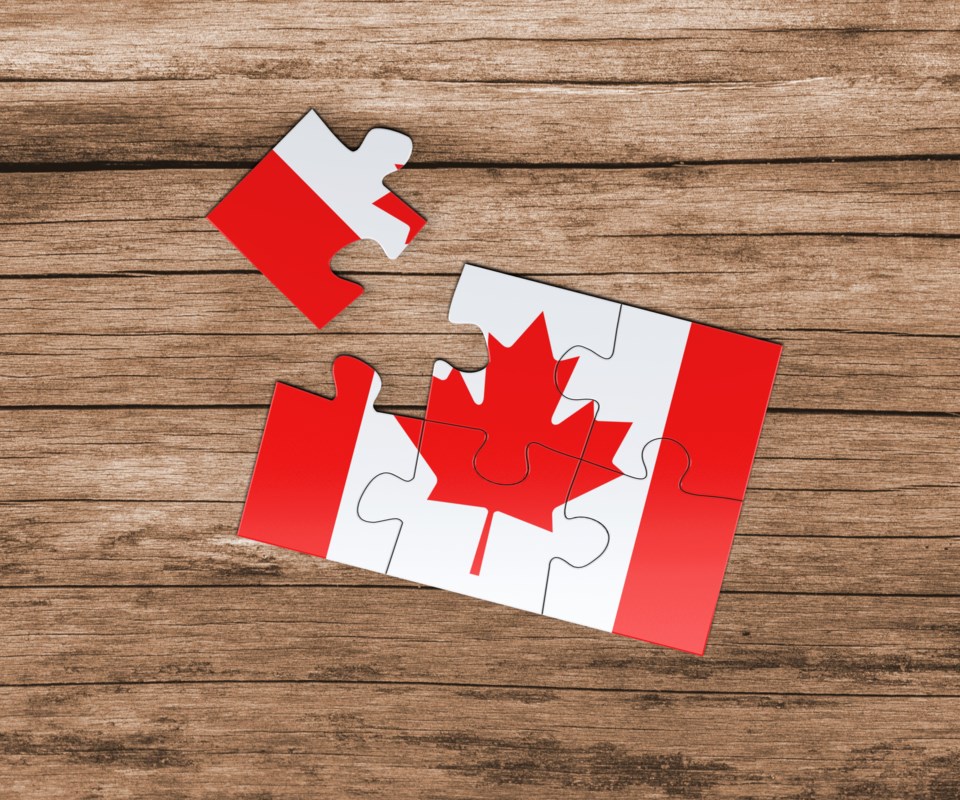This past weekend, thousands of people stormed Ottawa as part of what’s being called the “freedom convoy.”
What started as a protest over the federal government’s Jan. 15 vaccine mandate that requires all truckers crossing the Canadian border be fully vaccinated against COVID-19 — the United States has since implemented a similar mandate — has evolved into something much more sinister.
Starting last week in Delta, B.C., the convoy has attracted support from across the country.
People have come from both the West Coast and East Coast to meet in Ottawa, disrupting traffic, entering buildings maskless, honking horns late into the night and harassing the city’s residents.
The convoy says it will stay in Ottawa until it hears from the federal government. The movement has been heavily criticized as being organized by or at the very least encouraging the participation of Canada’s far-right.
Who is participating?
The convoy was started by Canada Unity, a group that has been extremely critical of COVID-19-related mandates. Reports have shown that far-right sympathizers, or members of the far-right themselves, are behind much of the organizing.
For example, Tamara Lich, a member of the right-wing Maverick Party, formally affiliated with the Wexit Movement, began a GoFundMe for the convoy which, as of Feb. 1, had raised over $9.5 million.
When asked about the convoy Lich stated that it was not about vaccinations, but instead was about protecting Canadian rights and freedoms.
Another convoy leader, Dave Steenburg, has been sharing conspiracy theories pertaining to COVID-19 vaccination and has even shared posts depicting war crime punishments for those who have legislated and enforced COVID-19 mandates.
Steenburg made headlines when he posted a Soldiers of Odin logo (a known far-right hate group) on his social media page with captions encouraging Canadians to stand up for their rights.
Patrick King, another organizer stated that he believes the vaccine was created to “depopulate” the white race. And B.J. Dichter, another convoy participant, is known for spewing Islamophobic sentiments.
While some have stated the convoy is about the vaccine mandates, others have claimed that this is a national movement about general rights and freedoms and government interference.
This isn’t a homogeneous movement, and it has even been criticized from within the industry — most truckers are complying with the mandate. Prime Minister Justin Trudeau and the Canadian Trucking Alliance have stated that between 85 and 90 per cent of truckers are already vaccinatated. Some have also spoken out against the convoy calling it “an embarassment.”
Those in the industry participating in the “freedom convoy” make up a very small minority of truckers in Canada.
Freedom for whom?
Because of what’s happening, many Ottawa residents currently feel trapped inside their homes, the antithesis of freedom.
Members of the Canadian far-right have been present in both organizing and participating in the convoy, and their participation is troubling.
We need to be asking how far-right groups got involved in the convoy, what their roles are and how a perceived “loss of freedom” has drawn so many supporters.
The Canadian far-right movement has grown in recent years, and many have raised concerns about far-right sympathy across Canada suggesting there is a very present threat. There are also growing concerns over how its supporters mobilize online.
Many infamous far-right riots originate and continue online well after protests are finished — including the Unite the Right rally in 2017. Some far-right groups have also influenced offline politics and political parties, suggesting the possibility of far-right movements, or their political platforms, reaching electoral politics.
The “freedom convoy” is just one iteration of how the far-right can and does mobilize willing participants into their movements under the guise of moral freedoms and rights.
Reports have lodged concerns that the convoy may add fuel to future populist participation in Canadian politics.
This past week’s events have overshadowed many communities’ mourning. While the convoy rolled toward Ottawa, 93 graves of Indigenous children were found on the ground of the former St. Joseph Mission Residential School.
Some part of the convoy carried swastika flags during Holocaust Remembrance Day. And an in-person vigil to commemorate the anniversary of the Québec City mosque attack was cancelled in Ottawa due to fears of violence.
At a time when the nation should be rallying around these issues, fighting against structural violence for our communities, time, resources and attention are being given to this “freedom” convoy.
![]()
Kayla Preston is a SSHRC Joseph- Armand Bombardier scholar




